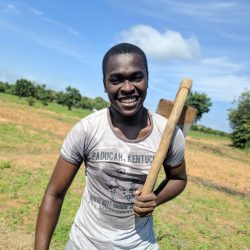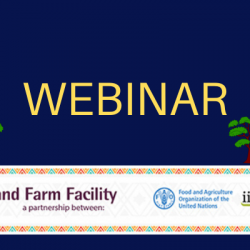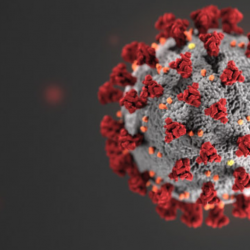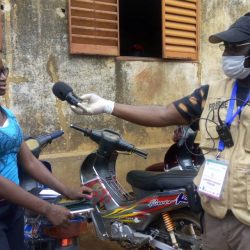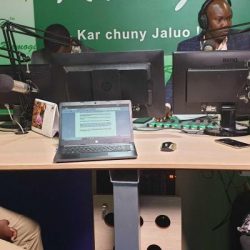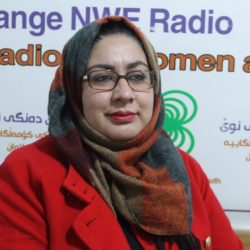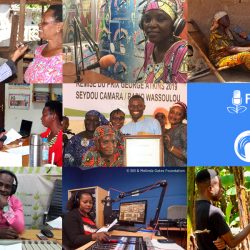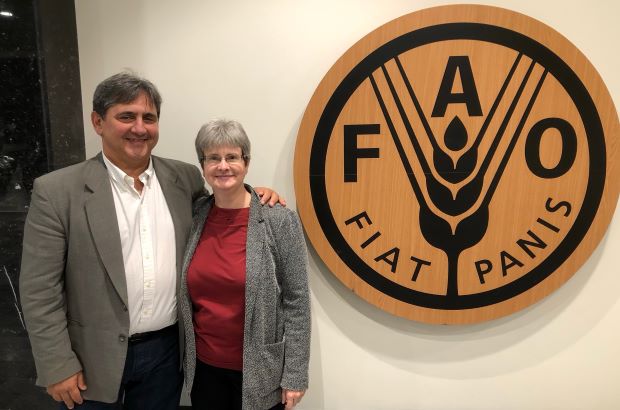Poetry to help save lives during COVID-19
“Let’s not assume That we are not going to be infected Let’s prepare as though We will be affected Call 1025 And you can save lives.” Through their poem, Jainaba and Awa are making an effort to change the way youth look at the threats from COVID-19 as they embrace the realities in The Gambia. They are among the 83 applicants who have submitted their entries in the poetry challenge initiated


